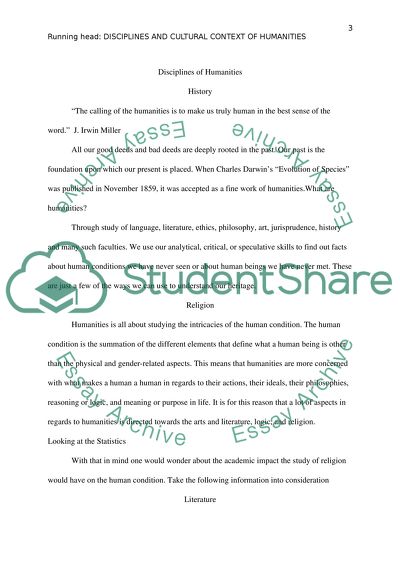Cite this document
(“Literature, arts and humanities power point presentation PowerPoint”, n.d.)
Retrieved from https://studentshare.org/literature/1639430-literature-arts-and-humanities-power-point-presentation
Retrieved from https://studentshare.org/literature/1639430-literature-arts-and-humanities-power-point-presentation
(Literature, Arts and Humanities Power Point Presentation PowerPoint)
https://studentshare.org/literature/1639430-literature-arts-and-humanities-power-point-presentation.
https://studentshare.org/literature/1639430-literature-arts-and-humanities-power-point-presentation.
“Literature, Arts and Humanities Power Point Presentation PowerPoint”, n.d. https://studentshare.org/literature/1639430-literature-arts-and-humanities-power-point-presentation.


